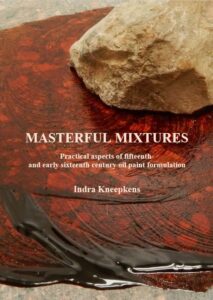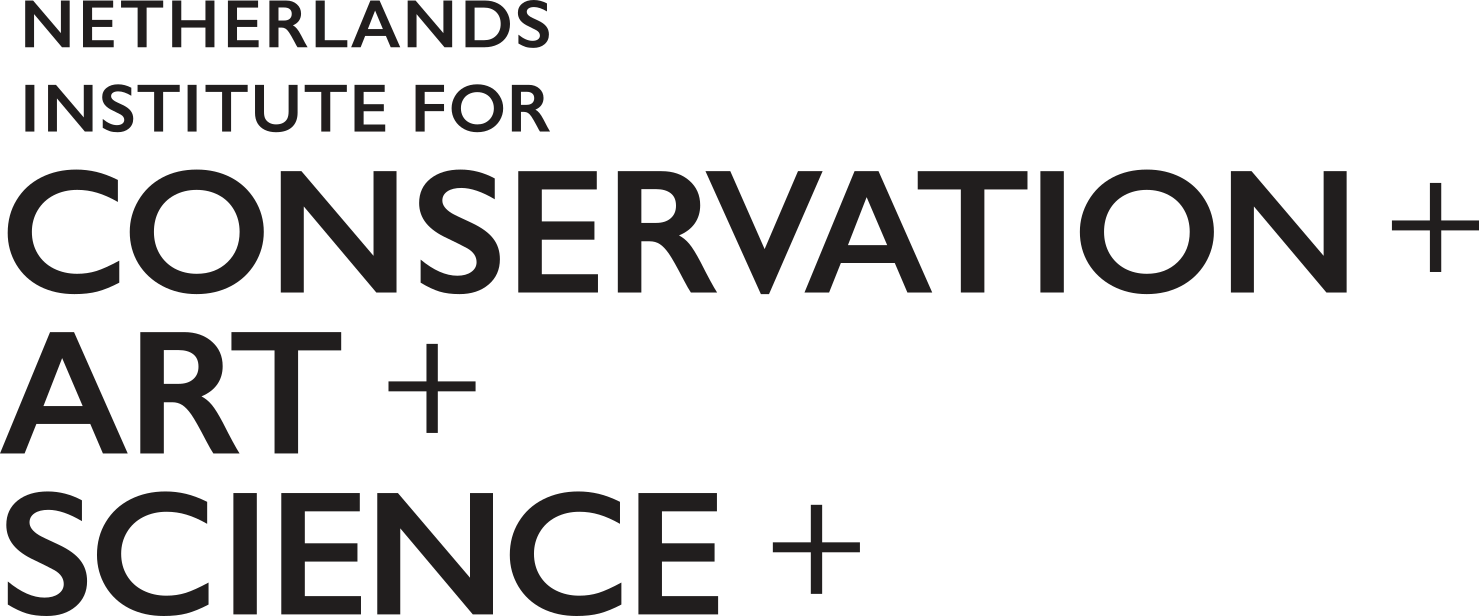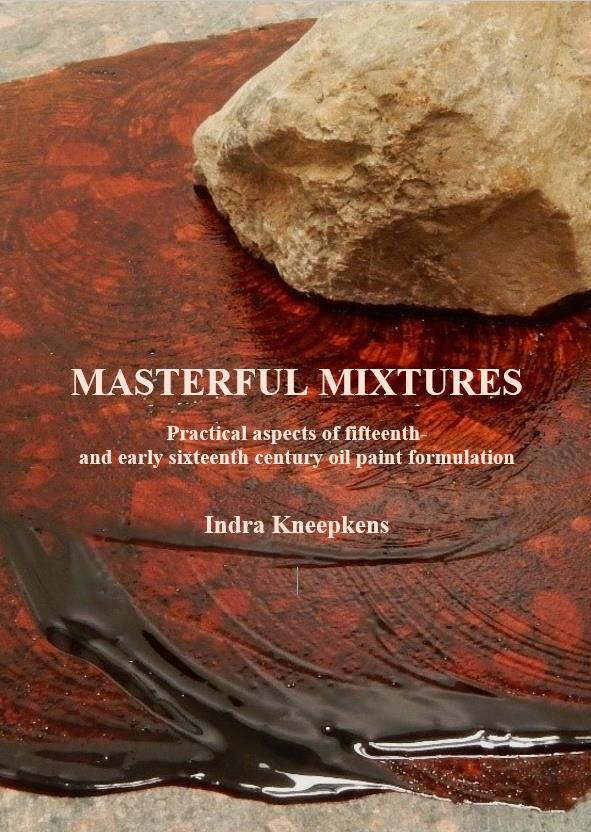 On Wednesday January 27th at 14:00 (CET) Indra Kneepkens will defend her PhD thesis, titled:
On Wednesday January 27th at 14:00 (CET) Indra Kneepkens will defend her PhD thesis, titled:
Masterful Mixtures: Practical aspects of fifteenth- and early sixteenth-century oil paint formulation.
Het promotors are prof. dr. A. Wallert and prof. dr. C.A. Chavannes-Mazel.
A link to the live-stream will be made available through the Uva Promotions agenda.
This dissertation is a result of the NICAS Partner Project The Preparation and Application of Modified Linseed Oils in Late Medieval Painting.
This study focuses on the function and practical effects of various common ingredients in fifteenth- and early sixteenth-century oil paint formulation. It compares the properties of paints prepared with raw and processed linseed oils, powdered glass, varnish, and zinc sulfate, while reflecting on the way these materials affected the painting practice of artists such as Jan van Eyck (c. 1390-1441) and his successors. Through systematic reconstruction experiments, based on historical sources, it investigates how these materials were manufactured, and how variations in their production affect the properties and applicability of paints. Based on these experiments this thesis also discusses the relation between art technological sources and roughly contemporary painting practice.
The novelty of this study lies in the fact that centralizes the practical experience of the painter. It questions why these materials were used and which problems they may have solved. By looking into the range of options craftsmen had to adapt their paints to meet particular circumstances, it emphasizes the creativity that lies hidden in the choice of materials. It helps us comprehend why fifteenth- and early sixteenth-century oil paintings appear the way they do, and appreciate the tremendous effort and subtle decisions that were involved in their making. In doing so, it sheds another light on the longstanding question whether the use of one or more ‘special materials’ could have affected the course of art history, as has often been suggested in relation to the practice of Jan van Eyck.

